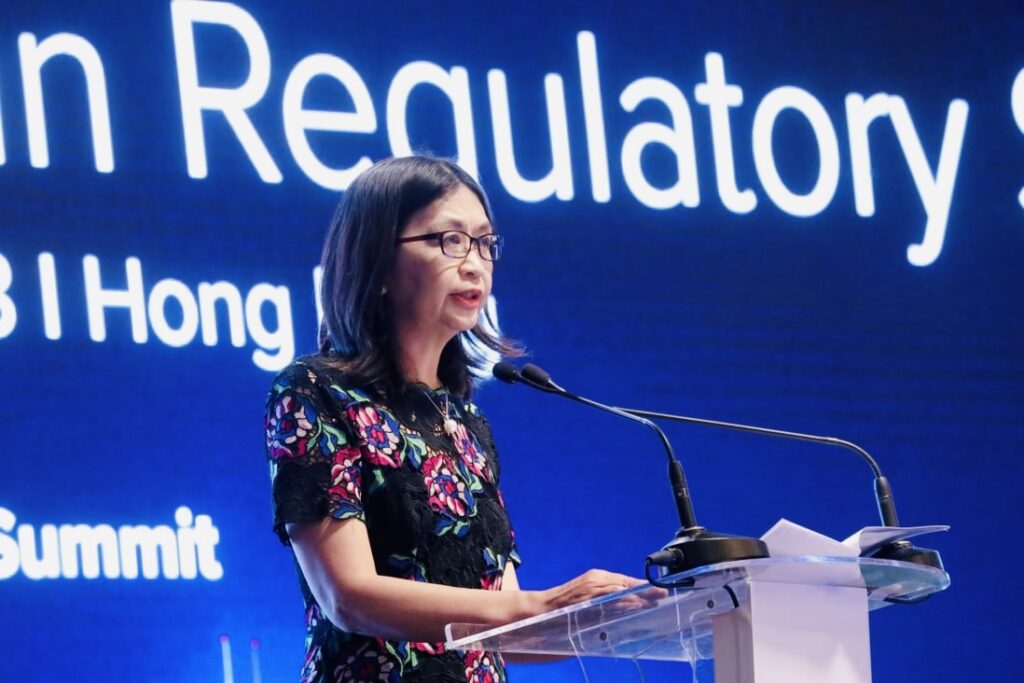
A wave of new cryptocurrency regulations is surging across the globe as jurisdictions strive to safeguard citizens and their assets in an ever-evolving digital financial landscape. In a major development, Hong Kong is set to allow licensed crypto exchanges to offer services to retail investors. This is part of a global push to regulate the digital currency sector spearheaded by the International Organization of Securities Commissions (IOSCO), a world regulator for securities and future markets.
IOSCO’s initiative to regulate digital assets and crypto markets globally is driven by a key concern for investor protection and maintaining market integrity. They have proposed an 18-policy recommendation covering six essential areas such as market abuse, conflict of interest, client asset protection, disclosures, and crypto-associated risks. These proposals are currently open to public feedback until July 31st.
In implementing these standards, IOSCO aims to determine how crypto trading activities should be conducted to meet public market standards and how clients should be protected in the crypto space. “IOSCO is well-positioned to spearhead this initiative, having already commenced regulation tasks globally,” said Jean-Paul Servais, the Chairman of IOSCO.
The international agency, known for its coordination of security regulators in over 130 countries, created a Fintech Task Force (FTF) in 2022. The task force, led by the Monetary Authority of Singapore, is responsible for crafting regulatory agendas for the crypto industry and fintech organizations.
Alongside this international effort, several jurisdictions have been ramping up crypto regulations. Brazil has enacted a crypto regulation bill requiring digital asset service providers to be licensed, with penalties including potential jail time for non-compliance. Similarly, Taiwan has tightened its control over the crypto market, with the Financial Supervisory Commission taking the reins as the primary regulatory body for crypto.